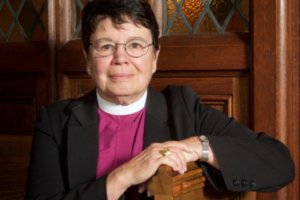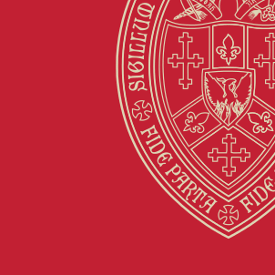
When Bishop Chilton Knudsen begins work as assisting bishop in the Diocese of Chicago on October 4, it won’t be like her first day in any of the other dioceses she has served. For one thing, she already knows her way around the cathedral, where she was ordained to the priesthood more than 40 years…





